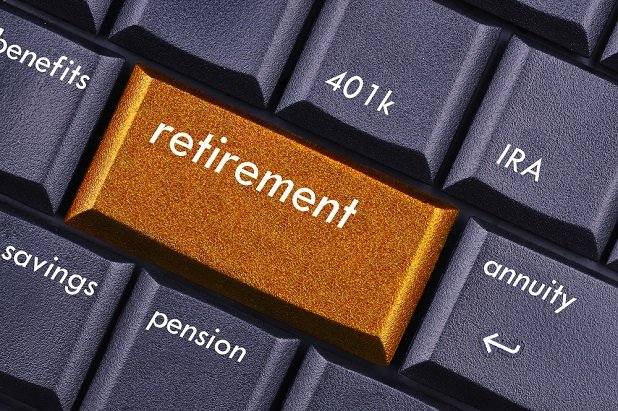Current Status of Retirement System in the U.S.

In the recent global study, the US is in the 17th place in Global Asset Management Global Retirement Index. The chart is based mainly on the ability of developed countries to provide safe retirement security for their citizens. Norway, Switzerland, Iceland and Sweden topped the list. And how to make the retirement planning?
First, why is the United States doing so badly?
The United States has been hit by income equality, health care spending and life expectancy. While The United States may rank fifth in per capita income, it ranks sixth in income equality, suggesting that the average worker's retirement planning are difficult. Life expectancy has fallen, but spending on health care has been higher than other countries' indices. Natixis cites World Bank data that the global elderly population will more than triple to 2.1 billion by 2050, making retirement security "one of the most pressing social problems in the next 30 years".
In developed countries, about half of those born today live beyond 100 years of age. The global average life expectancy is currently 71 years, compared with 34 years a few generations ago. This increase, according to a report by Mercer Consulting, says -0.02 percent has an impact on health care, career, family, finance and retirement.
"The biggest problem is that we're living longer and we're retiring earlier," said Matt Fellows, chief executive of United Income, a registered investment advisory firm that specializes in retirement. "In the last century, the average human life expectancy has increased by 30 years..." We expect another 30 years. This is at the heart of the crisis. To some extent, our life will greatly exceed our ability to work. There are a large number of Americans entering retirement age (looking at you, baby boomers), and when we retire, we don't seem ready. According to the National Retirement Security Institute, all working-age households have a retirement account balance of $2,500, while those close to retirement have a retirement account balance of $145,000.
According to a study by Merrill Lynch and Age Wave, 10,000 people retire every day, an advisory body that studies the cultural and economic impact of ageing. More than 80 percent of Americans don't know how much they need to retire, and retirement is our most expensive "buy" life.
As corporate pensions fall, individuals are forced to take on more responsibility for retirement savings and plans. The Mercer report says this is a significant burden because no one knows exactly how much they need or how long they can live (they may underestimate them for decades), people don't have the confidence or the skills to make such important financial decisions, and many don't trust financial markets. Still, Natixis found that Americans think forced savings are positive -- 80 percent of respondents think employers should force them to provide a plan, and 61 percent think personal contributions should be mandatory.
About 70 percent of baby boomers (51 to 71) believe government benefits will be covered after retirement. But in addition to government funds, investors surveyed by Natixis say their retirement plans will be funded by personal savings (90 per cent), personal investments (79 per cent) and workplace savings (76 per cent). They also plan to rely on the savings of their spouse or partner (63 per cent) and liquidate personal assets such as households or businesses (51 per cent).
A significant number of people want outside help, such as inheritance (45%), or even beating children for money or living in one place (41%).
In fact, 60 percent of Millennials surveyed by Natixis said they expected to inherit, and 51 percent said they wanted their children's support. The study's authors seriously point out that because young adults may retire to their children's garages, this generation criticizes them for living with their parents for too long. Despite the fact that, unlike baby boomers, Millennials still have decades to actively save to avoid this fate.



